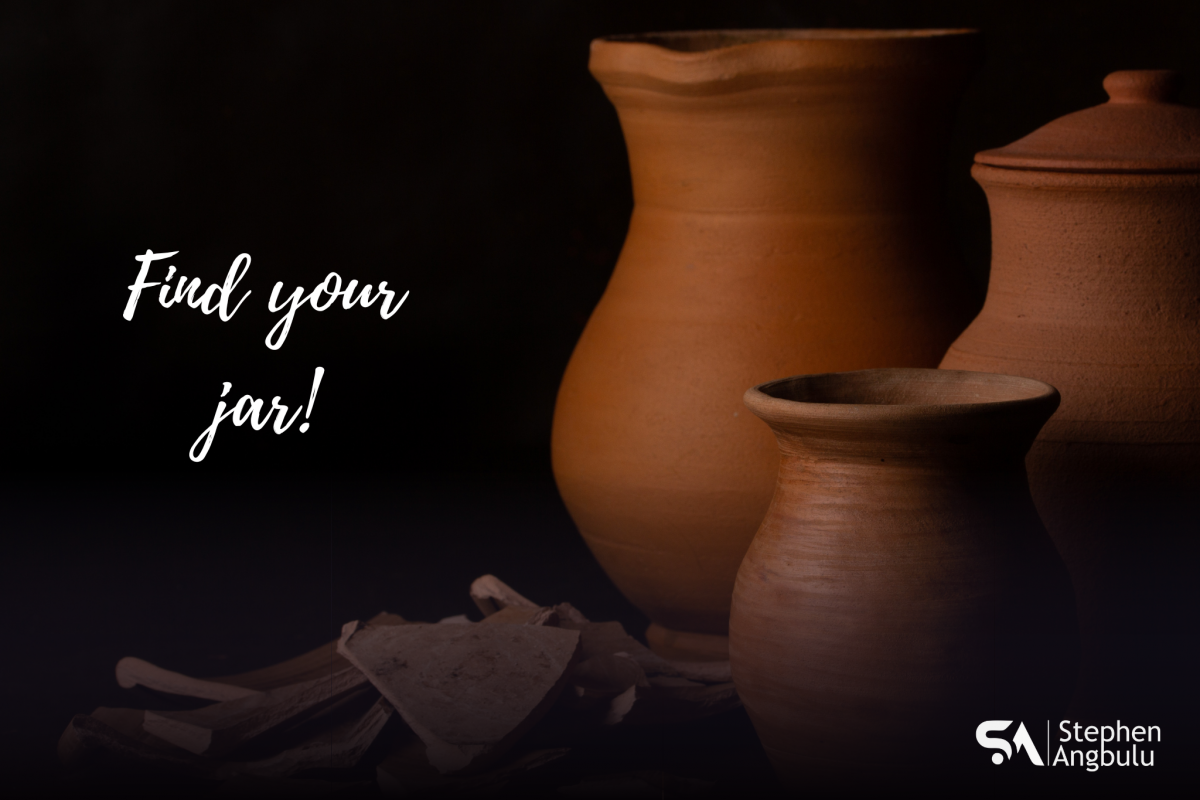During one of my morning meditations, I realised that although we all need help at some point, some people are easier to help than others.
Let me tell you a story.
In ancient Israel, there lived a widow whose late husband had wracked up a huge pile of debt before he died.
The creditor chose to enslave her two sons because she could not pay up.
The bible narrates the story this way:
“A certain woman of the wives of the sons of the prophets cried out to Elisha [the Prophet], saying, ‘Your servant my husband is dead, and you know that your servant feared the Lord. And the creditor is coming to take my two sons to be his slaves.’”
2 Kings 4:1 (NKJV)
Though a devout man, her husband left no inheritance for his children.
Rather, he left a legacy of poverty and debt that would’ve sold his generation into slavery.
Many readers of this story are harsh on the poor guy for being so financially irresponsible.
I shared the same bias until I realised one thing.
Though bereft of money, he left a good name. And his widow hung onto that as she climbed out of debt.
Remember what she told Elisha:
“Your servant, my husband is dead, and you know that your servant feared the Lord.”
If she were lying, Elisha would’ve rebuked her. Heck, he would’ve cursed her for daring to manipulate a prophet.
But listen to his response:
“So Elisha said to her, ‘What shall I do for you? Tell me, what do you have in the house?’”
2 Kings 4:2 (NKJV)
Her husband left them nothing. But at least he left a good reputation. That good name would salvage his family long after he’s gone.
***
For a woman in debt, I thought Elisha would reach into his pocket, fetch some coins and sprinkle them on her waiting palms.
But as a prophet capable of miracles, Elisha had more than money.
The story continues:
“So Elisha said to her, ‘What shall I do for you? Tell me, what do you have in the house?’
“And she said, ‘Your maidservant has nothing in the house but a jar of oil.
“Then he said, ‘Go, borrow vessels from everywhere, from all your neighbours—empty vessels; do not gather just a few. And when you have come in, you shall shut the door behind you and your sons; then pour it into all those vessels, and set aside the full ones.
“So she went from him and shut the door behind her and her sons, who brought the vessels to her; and she poured it out. Now it came to pass, when the vessels were full, that she said to her son, ‘Bring me another vessel.’
“And he said to her, ‘There is not another vessel.’ So the oil ceased. Then she came and told the man of God. And he said, ‘Go, sell the oil and pay your debt; and you and your sons live on the rest.”
2 Kings 4:1-7 (NKJV)
***
Let’s deconstruct these.
1. “Borrow vessels from…all your neighbours”
In ancient Israel, vessels [or clay] pots were precious home items. You only lent them to people you know.
I’m not sure how many vessels she borrowed, but she borrowed a lot. That meant good social capital.
If she had no social capital, Elisha’s attempt to help her would’ve failed from the start.
The lesson here: Build social capital early—master networking in your days of peace. Use your time, money and skills to “create” and “nurture” your friendships. Like plants, unwatered relationships will die.
Identify ten solid relationships you must water consistently. Don’t worry about the reciprocity now.
Just water them.
2. “Go, sell the oil and pay your debt; and you and your sons live on the rest.”
The little oil in her house kept following until it filled all the vessels she borrowed.
By this time, the widow and her two sons were shocked. They’ve never seen this before!
After maxing out the vessels, I imagine her racing to Elisha to share the good news.
He then leaves her one final instruction: Sell it, pay your debt and live on the rest.
Now, there’s a challenge here.
How would she sell if she had no sales skills?
Although the story was clear about her late husband’s occupation, it didn’t tell us what she did for a living.
I’m guessing that she sold stuff but not oil. If she sold oil, she wouldn’t say, “Your maidservant has nothing in the house but a jar of oil.”
Notwithstanding, she broke into the oil trade overnight and positioned her product in the choicest part of the market.
With no production cost, she made 100% profit on every sale.
I also think she ran home deliveries to sell out fast.
With her two sons on the slavery row, she could not rely on market sales alone. Also, if she didn’t sell fast, her neighbours would come for their vessels in no time.
The lesson here: Although her miracle seemed cheap, converting oil into money required her selling skills. Without sales, her oil would’ve been useless.
Your big break will never be an isolated event. It’ll take a constellation of factors to go from debt to surplus.
For the once poor widow, it took her:
🛡️ Late husband’s credibility
🛡️ Social capital
🛡️ Prompt action
🛡️ Sales and marketing skills
🛡️ Her wisdom to leverage her husband’s reputation
You may have lost much in 2022. But if you look harder, you’ll find an idle jar of oil in your house.
It oil could be a book you haven’t read; a friend you haven’t asked; a phone number you haven’t dialled; a course you’ve been procrastinating on, or a pending visit.
Your big break is not an isolated event.
It’ll take a constellation of actions, habits and timing to go from debt to abundance.
Find your idle jar of oil!

